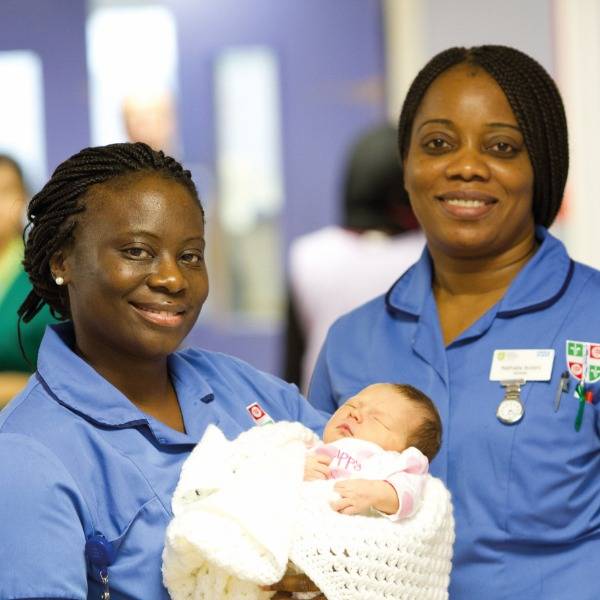Female genital mutilation (FGM) is defined by the World Health Organisation as "procedures that involve partial or total removal of the external female genitalia, or other injury to the female genital organs for non-medical reasons". Frequently carried out by people who are not qualified health professionals, and with no anaesthetic, FGM has affected 66,000 women in the UK. A further 24,000 are thought to be at risk. Girls who undergo the surgery face the permanent risk of infection, problems urinating and menstruating, and complications during childbirth. It is excruciatingly painful, and psychologically traumatic.
A report, “Tackling Female Genital Mutilation in the UK”, was launched today by the Royal Colleges of Midwifery, Nursing and Obstetricians and Gynaecologists, the Unite union and Equality Now. Its key recommendation is that FGM be treated as child abuse. “If we are applying child protection laws, we cannot pick and choose which crimes against children we pursue,” said Janet Fyle, one of the report’s authors. “We are just asking that child protection laws work for all children, not just some.”
FGM is carried out in parts of Africa and the Middle East. It is most prevalent in Somalia and Egypt(where an estimated 90 per cent of women have undergone some kind of FGM), as well as Ethiopia,Eritrea,Mali, and Sierra Leone. Most of the women who are subjected to FGM in the UK are from these immigrant communities. Contrary to common misconceptions, the practice is not mentioned anywhere in the Qur’an, and is carried out by both Muslims and non-Muslims.
It has been a serious crime in the UK since 1985. A law introduced in 2003 sought to enforce this further, by creating a prison sentence of up to 14 years for anyone who carries out FGM on a UK citizen abroad. Yet despite these legislative changes, there has not been a single conviction, and thousands of girls born in the UK continue to be subjected to the procedure.
Why has this situation been allowed to continue? Of course, it is difficult to police any child protection issue. But some commentators and campaigners also point to “political correctness” and a reticence about criticising other cultures. Leyla Hussein, a British Somali, is the founder of Daughters of Eve, an anti-FGM charity. Last month, she carried out an experiment for a forthcoming Channel 4 documentary about her anti-FGM campaign. She approached shoppers in Northampton with a petition supporting FGM on the grounds that she wanted to protect her “culture, traditions, and rights”. In half an hour, 19 people signed it. Some said that although they thought it was wrong, they would add their names as it was part of her culture. “I kept using the word ‘it’s just mutilation’. They were like ‘yes, you are right’. How can anyone think that’s okay?” said Hussein. Speaking to the Evening Standard after the experiment, she added: “FGM is not culture, it is violence. Stop using the culture word. This is happening to children. We are human beings – we can’t watch children being cut. I don’t care what culture you belong to.”
Against this context, the recommendations of today’s report may be very useful. Some of the suggestions may seem like stating the obvious: for instance, that health workers should identify girls who are at risk and treat them as if they were at risk of child abuse. But it is eminently sensible advice. There are already systems in place for dealing with child abuse, and officially defining this practice as such may give frontline workers the reassurance they need that cultural sensitivity is less important than giving these vulnerable girls protection.

